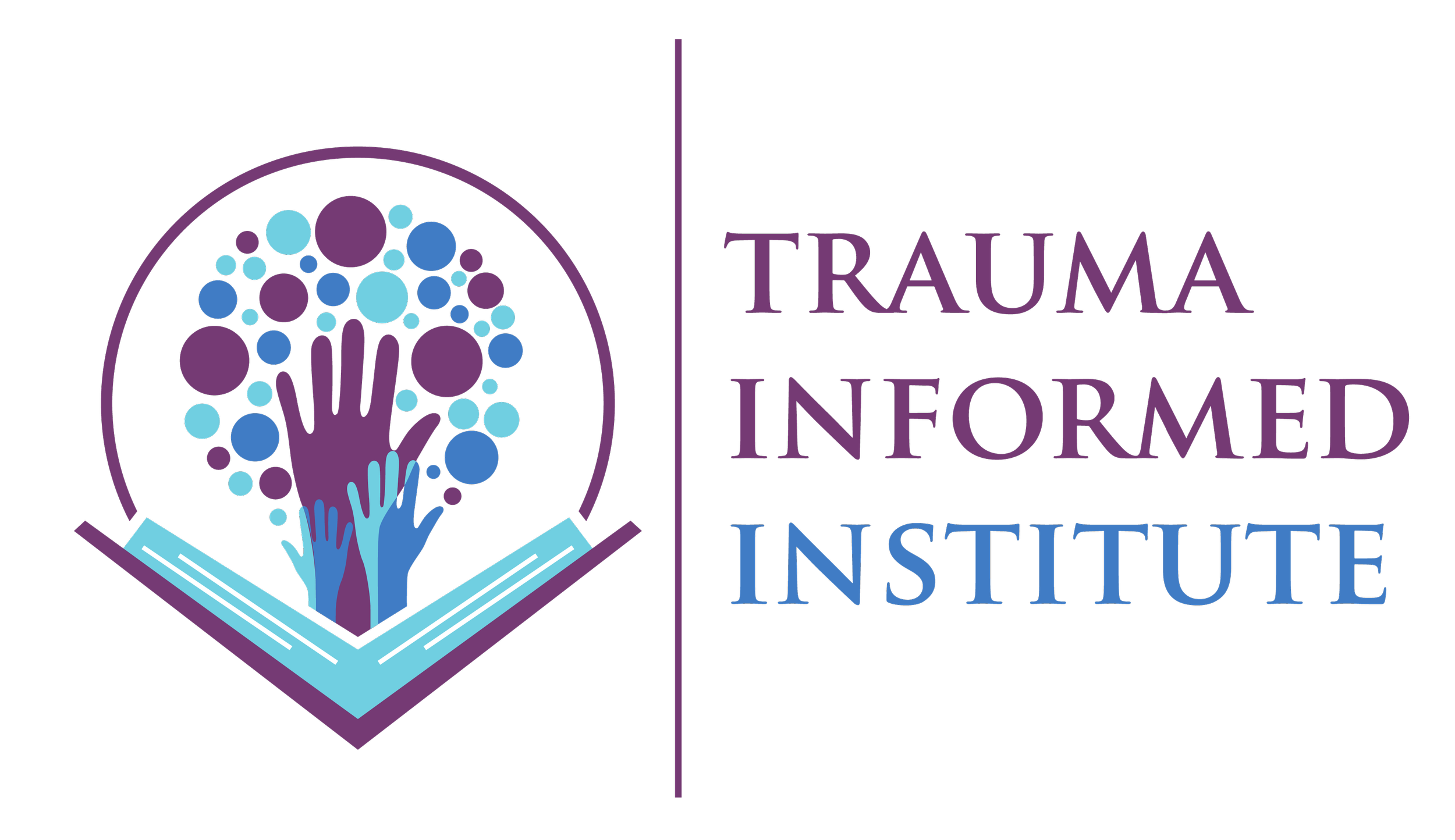2023: The Year of Trauma-Informed Learning
Trauma-informed care is a healing-centered approach focused on understanding, recognizing, and responding to the effects of all types of trauma. Trauma can be defined as any event or experience that causes physical, psychological, or emotional harm. This includes both intentional and unintentional harm caused by humans or natural disasters. Trauma-informed approaches strive to create an environment where those who have experienced trauma can feel safe and respected.
What is a Trauma-Informed Approach?
A trauma-informed approach strives to recognize the signs and symptoms of trauma in individuals, families, and communities. It emphasizes collaboration between providers, clients, family members, and other stakeholders to meet individual needs, even in the workplace.
What are the Benefits of a Trauma-Informed Approach?
When working from a trauma-informed perspective, employers and providers can better understand how past traumas may be affecting their employees or clients’ current behavior and state of mind. This knowledge can help develop more effective interventions in the workplace and create an environment where people can get the help they need without fear of judgment or stigma. Additionally, it helps build trust and shifts the culture of the workplace.
How Can Employers Adopt a Trauma-Informed Approach?
Employers should start by educating themselves about the effects of trauma on individuals and communities. It is important for providers to learn about different types of traumas (e.g., childhood abuse, domestic violence) so they can identify signs and symptoms in their team members early on. Additionally, employers should learn how to respond effectively when they observe signs of distress in their employees due to traumatic experiences (e.g., grounding techniques). Finally, employers should ensure that their approach is as inclusive as possible so individuals with diverse backgrounds also have access to what they need.
What does the research say?
One example of research on the implementation of trauma informed approaches is a study conducted by Brown, Dietz, and Arellano (2020). The study examined the effects of an 8-week group intervention that incorporated trauma-informed practices with clients attending a community mental health center in the United States. The results showed that participants experienced significant decreases in PTSD symptoms, improvements in interpersonal functioning, and reduced maladaptive behavior following the intervention.
This research demonstrates that implementing trauma-informed approaches can have positive effects on individuals affected by traumatic experiences. It is important to note, however, that these types of interventions should be tailored to meet the specific needs of each individual in order to maximize results. Furthermore, additional research is needed to fully understand the impacts of trauma informed approaches and how they affect individuals over longer periods of time.
What’s Next?
If you're feeling stuck in life or at work, it's time to make a change to unleash your potential and start your journey to healing. The Trauma-Informed Institute can help you unlearn behaviors connected to your challenges and introduce new mindsets that incorporate love, compassion, and community to help you navigate your challenges.
Become a Certified Trauma-Informed Advocate and help create positive change in the world. Visit www.traumainformedinstitute.com today to sign up for the course or book a consult call with our team.
Click here for a message from our President/CEO!


